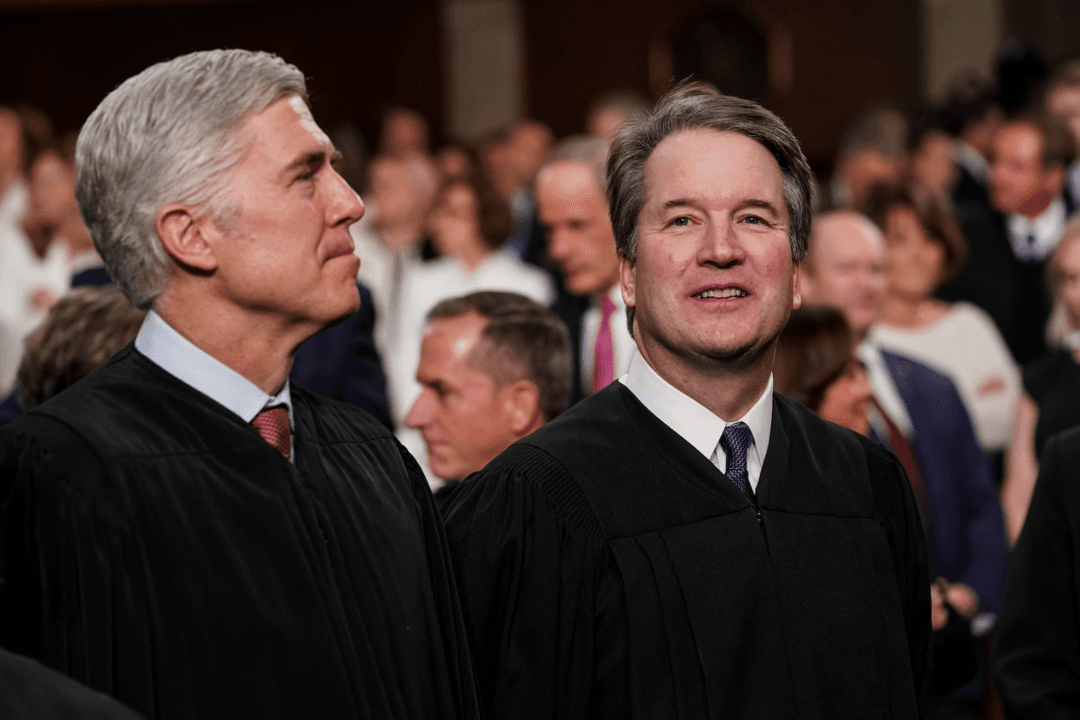The Supreme Court ruled in favor of a criminal defendant, voting 7–2 to curb a federal law that mandates significantly enhanced penalties for crimes involving a firearm.
The June 21 decision came as gun control legislation moved forward in Congress following a series of highly publicized mass shootings. At the same time, Americans are awaiting the high court’s ruling in another gun-related case that challenges New York State’s tough concealed-carry gun permitting system.





